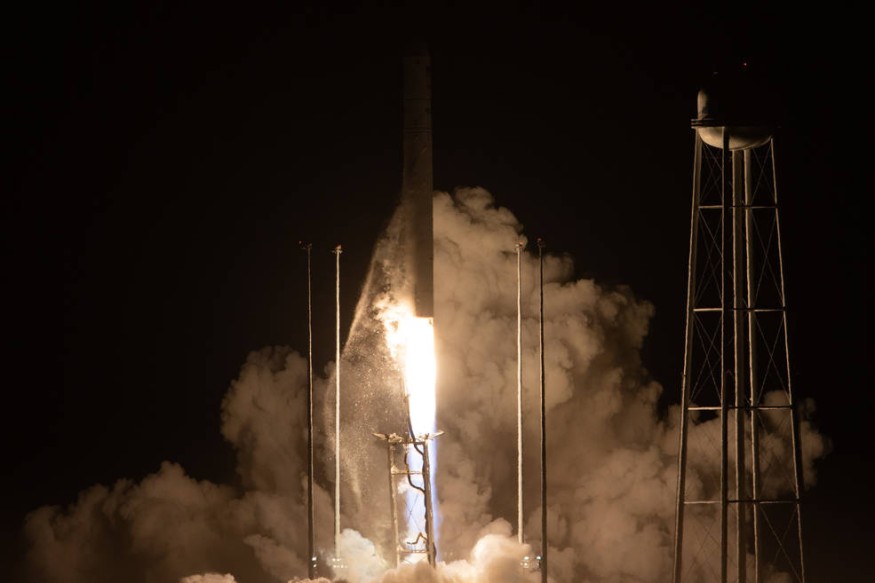The S.S. Sally Ride Cygnus cargo spaceship was launched by Northrop Grumman's Antares rocket from NASA's Wallops Flight Facility in Virginia at 5:32 a.m. EST. With more than 8,200 pounds of cargo, Cygnus is orbiting the Earth and heading towards the International Space Station.
According to NASA Spaceflight, the American space agency ordered the first of eight additional cargo missions from Northrop Grumman to extend the existing Commercial Resupply Services 2 (CRS2) contract of Cygnus. NG-18 was the first of eight more flights. In all, NASA scheduled six other flights in March 2022 after ordering two more in 2020, including NG-18 and NG-19.
Astronaut Sally Ride, the first American woman in space, is honored by having her name on the Cygnus spacecraft used for this trip. Ride participated in STS-7 and STS-41G on the Challenger, two Space Shuttle missions. After the Challenger Disaster in 1986, Ride also served on the Rogers Commission. She passed away in 2012 from pancreatic cancer.

Fire Breaks Out in Mission Control Center Before Northrop Gruman Launch from NASA's Wallops
Due to a fire that broke out in the mission control center the day before, Northrop Grumman chose to cancel the launch of the Cygnus spacecraft to the International Space Station.
Republic World said the mission was aborted 11 minutes before takeoff because the teams could not be ready in time despite 90 percent favorable weather.
A fire alarm prompted a building evacuation at the Cygnus mission operations control center in Dulles, Virginia. The launch was scrubbed with 5 minutes remaining in the countdown.
Update: Today's planned #CRS18 launch has been scrubbed due to a fire alarm at the mission operations control center in Dulles, Virginia. Liftoff of the Cygnus spacecraft is now set for Nov. 7 at 5:27am ET (10:27 UTC). We'll go live at 5am: https://t.co/Lxw6lLfGZ2 https://t.co/7iOGLi0yoB
— NASA (@NASA) November 6, 2022
ALSO READ : NASA-Italian Space Agency IXPE Shows How Black Holes Swallow and Spit Out Celestial Matters
About The Mission
According to NASA, the resupply mission will support many of the more than 250 studies done during Expedition 68. Cygnus is loaded with science experiments that will examine the effects of microgravity on plants, study the changes in bovine ovarian cells and advance the development of 3D printing of human cells for usage in space missions as well as on Earth.
An autonomous delivery ship, the Cygnus, travels to and from the International Space Station with supplies and equipment. It is run by the private American aerospace and defense technology company Northrop Grumman Space Systems. The vehicle's name is derived from Cygnus, a constellation that may be observed in the northern night sky.
As previously reported by Space.com, Cygnus development started in 2008 when NASA awarded a $1.9 billion contract to Orbital Sciences Corp., a commercial aerospace company with headquarters in Virginia, as part of the agency's Commercial Orbital Transportation Services Program. The spacecraft was intended to transfer supplies to the International Space Station (ISS) following the retirement of NASA's space shuttle program, which was officially discontinued in 2011.
Check out more news and information on Space in Science Times.











